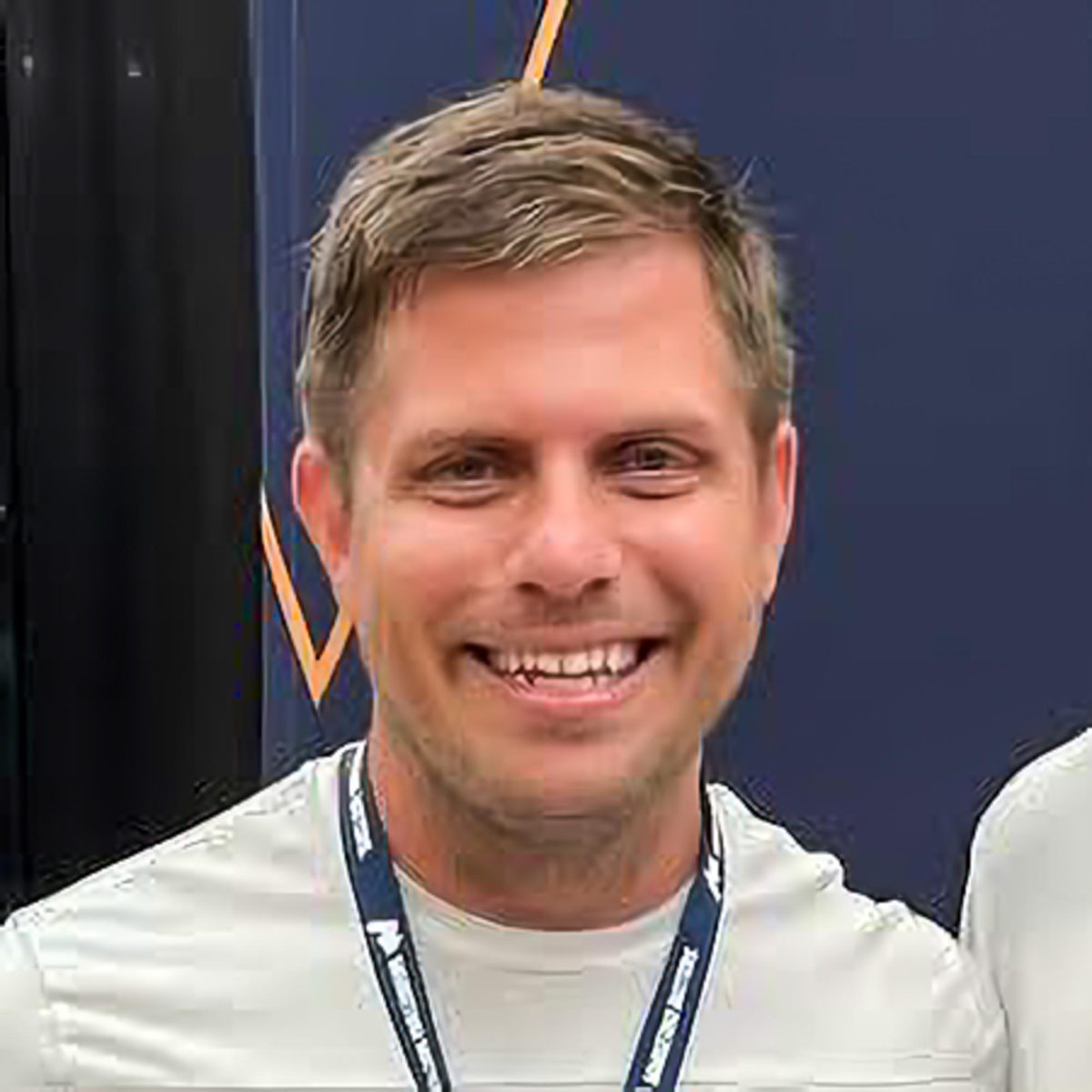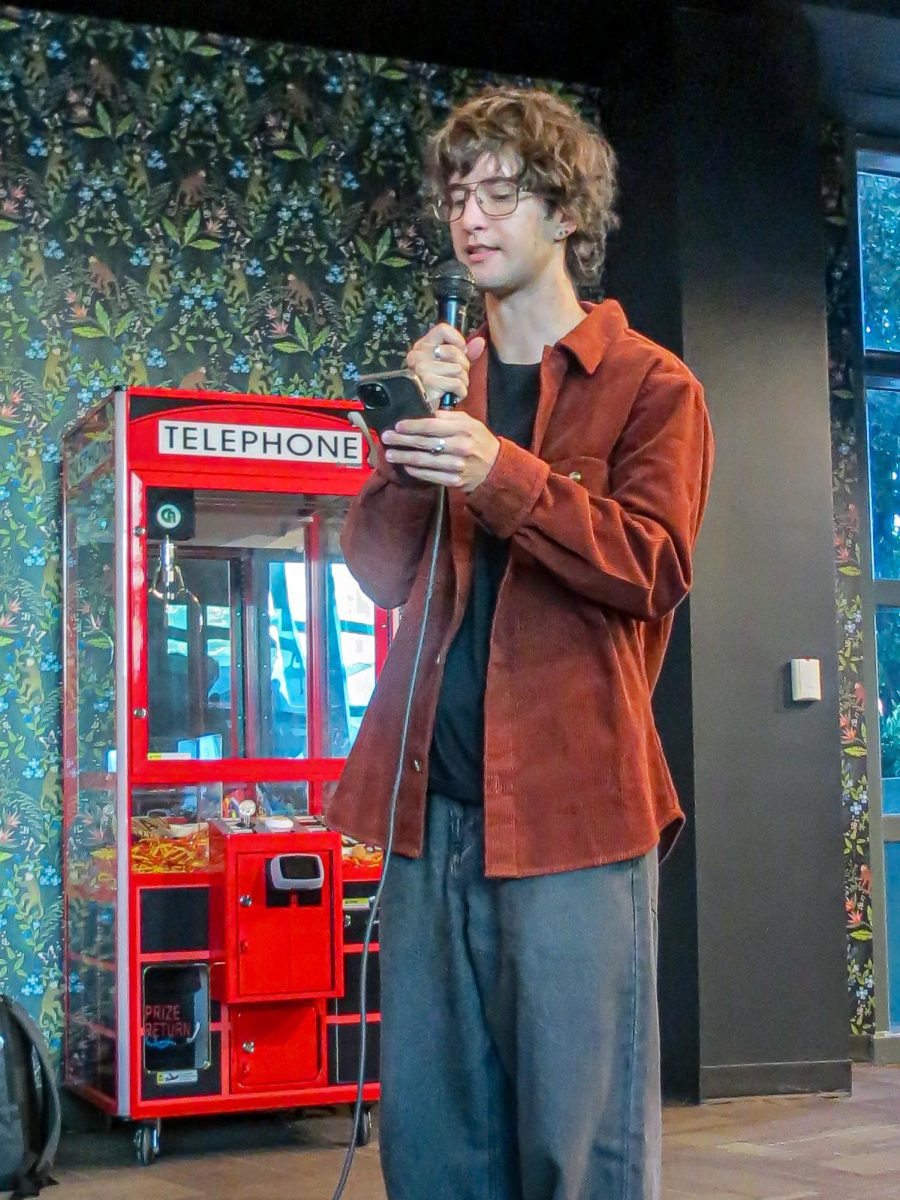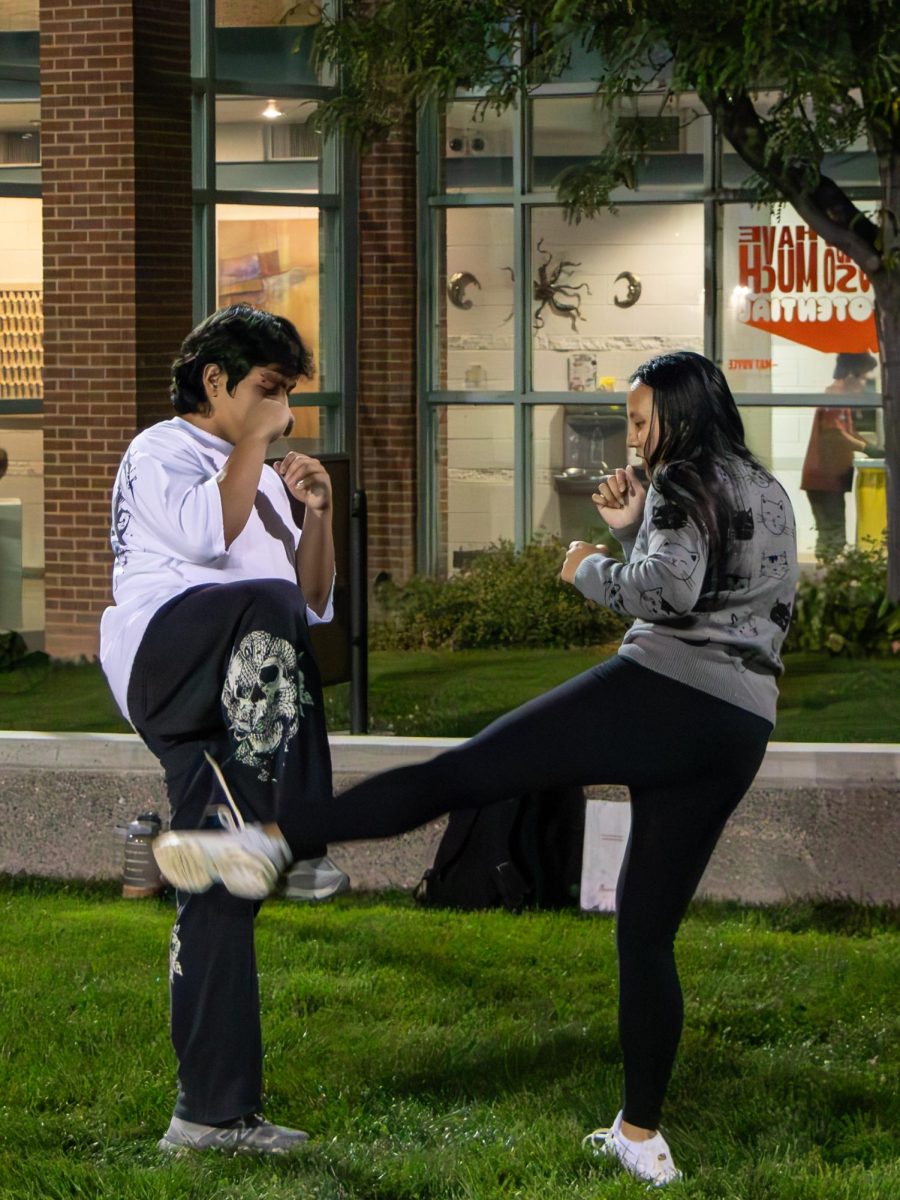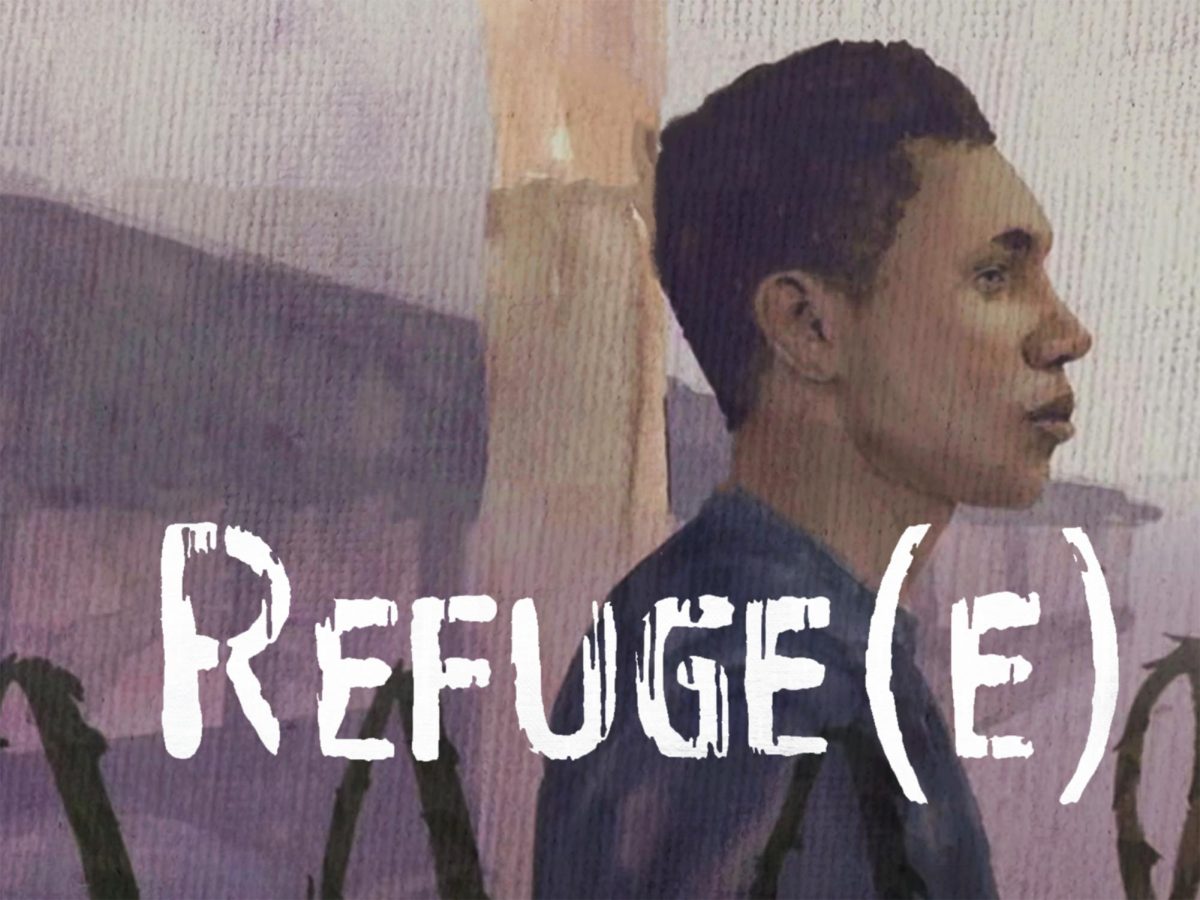by Julia Sundstrom
The Social Work Club at CMU consists of a group of people who are committed to social justice by serving and empowering the local community, families and individuals. They meet the first Monday of every month at 6 p.m. in room 222 of the University Center.
The president of the Social Work Club, Michele Fallis, believes the main problem with social work club is that most people are unaware of their club and profession.
“We try our best to put ourselves out there, but since no one really knows about social work its really hard to get people to come,” Fallis said.
Even though the club is smaller than usual, the 12 people that make it up are prepared to serve others and seek social justice for all types of people, no matter their social status, gender, sexuality, race or religion.
Social Work is younger and still developing the profession in the U.S. The U.S. Department of Labor Bureau of Labor Statistics (BLS) expects the employment of social workers to grow 12 percent during 2014 to 2024. This is primarily due to an increased demand for healthcare and social services, which will continuously rise.
It is an even newer program at CMU, which has developed within the last few years. Dr. Michelle Sunkel and Kymberly Owens are the main social work professors for this cohort. They are the advisors of the club.
The Social Work Club serves the community in a variety of ways from acts of service to fundraising to benefit people in need. The group volunteers for service projects every semester that benefit the community.
“In the past, we’ve done projects like planting a garden for the House to a pinwheel garden here on campus, and we work with other clubs,” Fallis said. “Right now we are working with another club to collect phones for women of domestic violence so that they can have an emergency phone. If they get into a situation where their partner takes away their phone, then they will have a phone to call 911.”
These future social workers are not only involved with preventative care and protecting others from harm, but also impacting the homeless community of Grand Junction. The group has done community food banks before, and are currently planning on Nov. 19 and Dec. 16.
“We did it last year and so what we do is gather all this thanksgiving food,” Fallis said about their annual service project. “We put it in a little shopping cart and we bring it out to them. When we bring it out to them, they tell us their story. It’s really rewarding because they are super grateful and it’s awesome.”
Social work is often recognized by Child Protective Services and Department of Human Services. It is a diverse career with opportunities and settings impacting schools, policymaking, hospitals, mental health, military, substance abuse, families, children and the community.








